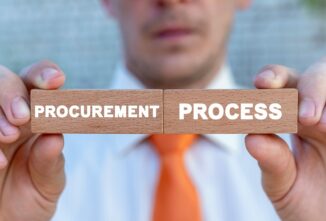What is Demand Planning?
Demand planning is a process in supply chain management that helps companies plan future demand for a product or service and execute an operational strategy to successfully adjust the output accordingly, balancing sufficient inventory levels with customer demand. Demand forecasting is a vital part of production planning, usually impacting strategic, long-term decisions that affect budgeting, financial and capacity planning, sales and marketing, and capital expenditure.
Effective demand planning often requires forecasting methods to accurately predict demand, like sales and consumer trends analysis, seasonal data, statistical forecasts, and demand history. Demand management works through several functions integrated into supply and demand processes, including demand planning, supply planning, sales, and marketing.
Why is Demand Planning important?
Demand planning is the cornerstone for effective supply chain management, assisting companies in driving efficiency by improving the management and allocation of inventory space.
Demand planning helps businesses avoid overstocking and helps increase profit and customer satisfaction by helping businesses balance sufficient inventory levels and customer demand. Poor planning can result in excess inventory that locks up working capital, supply chain disruptions that lead to backorders, stockouts, or costly materials, leading to delays and unhappy customers.
The future of Demand Planning
The increasing use of IoT sensors and exponential advances in machine learning, together with the availability of Cloud-based software and the growing functionality of mobile devices, enhance the ability of demand planners to share real-time data and quickly react to changes in supply and demand.
The growing sophistication of demand forecasting and the global aim toward entirely digitized business processes gradually connects more supply chain stakeholders, providing finer-tuned control over the goods’ movement supporting demand-driven supply chain management.
How does ERP support Demand Planning?
ERP software provides demand planners, forecasters, and S&OP experts with supply chain management solutions that help them prepare for future customer demand. ERP allows companies to predict their customers’ long-term needs and better prepare for upcoming orders by ensuring that the inventory is in stock when needed. It integrates machine learning software to increase predictions by analyzing historical data.
ERP enables coordination between various business units, simplifying the management and tracking of product specifications, costs, suppliers, workflows, deadlines, and sales and helps logistics departments quickly collect and summarize data and generate demand forecasts.








